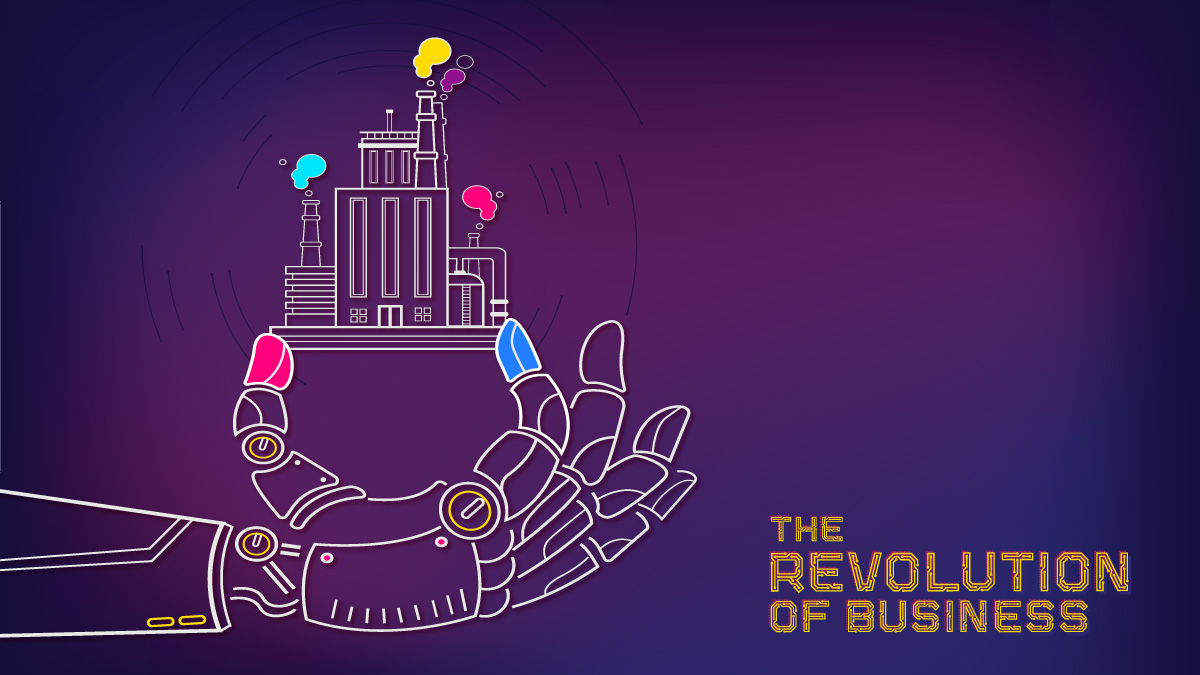
Global GDP could grow by 14% by 2030 thanks to advances in AI. Alberta must act now to take advantage.
Artificial Intelligence is the future of business.
Whether it be oil and gas, agriculture, health care, banking or retail, innovations in big data, machine learning (ML) and artificial intelligence (AI) have fundamentally altered every single sector of our economy. PricewaterhouseCoopers estimates that the global GDP could grow 14% by 2030 thanks to advances in AI. That's $15.7 trillion USD up for grabs in what is still an emerging market. The opportunity for massive economic growth and prosperity is there for cities and regions that act quickly and decisively.
Alberta could be such a region, and Edmonton could be such a city. It is uniquely positioned to develop into a global AI powerhouse. The University of Alberta has long been a leader in AI and ML through both the Faculty of Science and the Alberta Machine Intelligence Institute (Amii). Its recruitment of top researchers pulled in even more talent, including top students from around the world. Companies like Google DeepMind and RBC's Borealis AI have followed, and in 2017 the federal government named Edmonton one of the country's three national hubs as part of its Pan-Canadian Artificial Intelligence Strategy.
Combine this with the province's competitive tax structure, high standard of living and natural beauty, and it's no surprise the Global Startup Ecosystem Ranking identified Edmonton as an AI up-and-comer in its latest rankings.
And yet, challenges remain. Edmonton has a deep pool of computer scientists and engineers but is lacking when it comes to workers who can translate the science of AI. It needs more students from the social sciences and the humanities-individuals who not only understand the science but who bring with them a diverse set of integrative skills. Multidisciplinary teams that can complete with differing thoughts and opinions are critical to future success.
The Alberta School of Business is committed to meeting this challenge. It has placed innovation and entrepreneurial thinking at the core of its strategic plan, with an emphasis on creativity, risk-taking and changing the way we do business. The School is revamping its curriculum to place a larger emphasis on data science, and will soon offer a new Bachelor of Commerce major in data analytics. Plans are also being developed for a new building, which will provide the infrastructure to enhance entrepreneurial learning and the student experience, as well as be home to a new data analytics research centre.
The other challenge is one of investment. Support from all three levels of government has been critical in turning Edmonton into a world-class centre of artificial intelligence research. Money has also come from private companies like AltaML, which in 2018 gifted $1.35M to the U of A's Faculty of Science. It is the next stage of the business cycle-commercialization-where investment is still required. If research is not developed, if business and technology do not intersect and move products to market, our economy will stagnate and our city will suffer.
The race is on. Other regions in North America, as well as China and Europe, are all-in on artificial intelligence and are investing accordingly. Right now, we have a distinctly Canadian advantage. With the rise of nationalism around the globe, and massive visa issues for anyone trying to enter the United States, our official state policy of multiculturalism is an extraordinary recruitment tool. We need to aggressively recruit and admit the best and brightest students and workers from around the world in order to produce the next generation of data analysts, engineers and entrepreneurs.
It is no exaggeration to say that the decisions being made now in terms of funding AI will determine this city and this province's future for the next 50-100 years. AI is Oilsands 2.0. Collaboration between government, universities and the private sector transformed our energy sector; we need them working hand-in-hand again to further develop Alberta's AI capacity. For the price of an overpass, we can guarantee economic and social prosperity for the citizens of this city, province and country. We must not miss being at the forefront of the next industrial revolution.
Joseph Doucet is the Dean of the University of Alberta School of Business, as well as the Chair of the Board of the Edmonton Economic Development Corporation. Cory Janssen ('04 BCom) is the co-founder and CEO of AltaML, an Alberta-based machine learning company.
This article was originally published on the Edmonton Journal website on October 29, 2019.